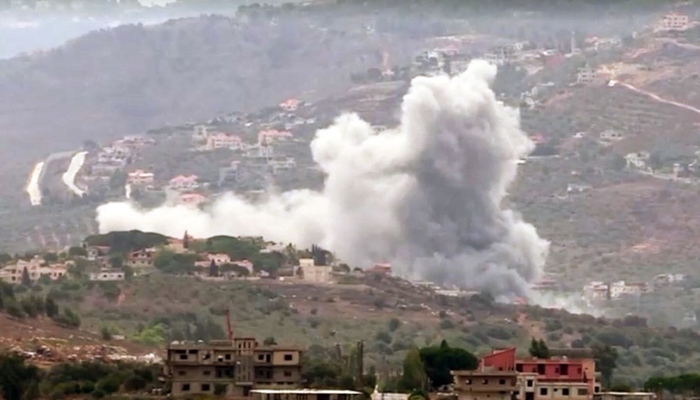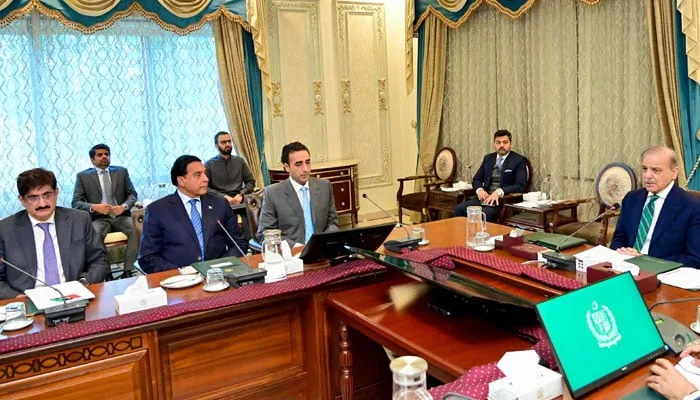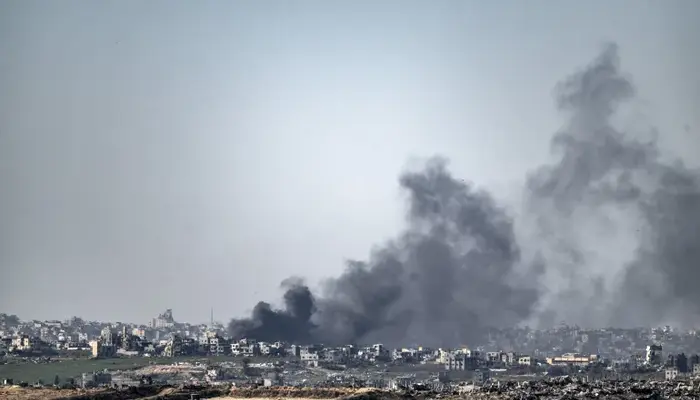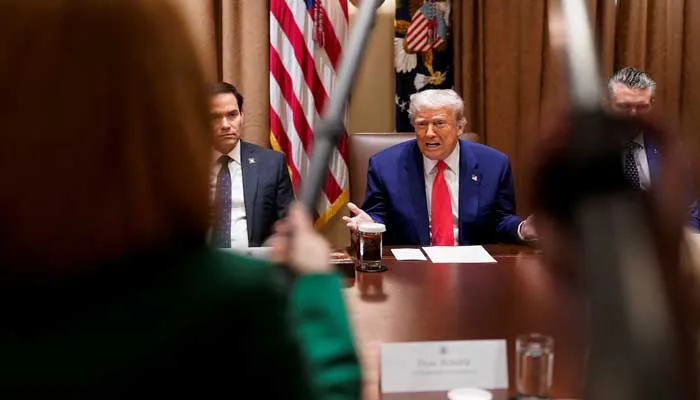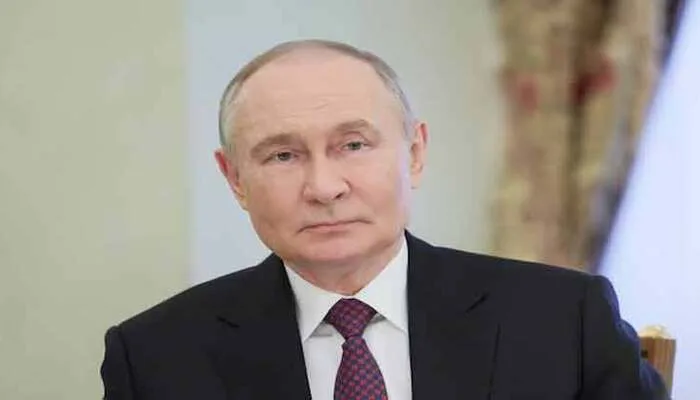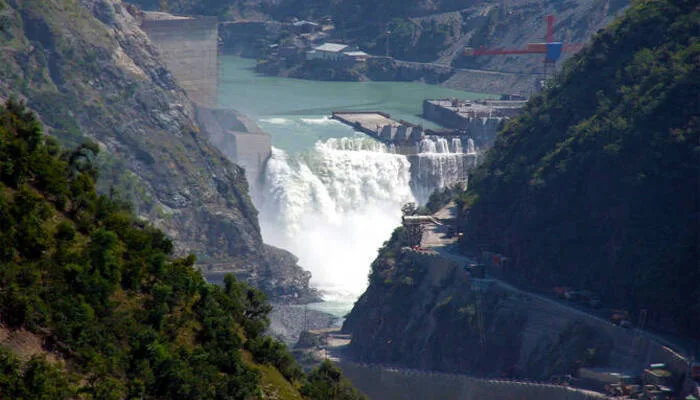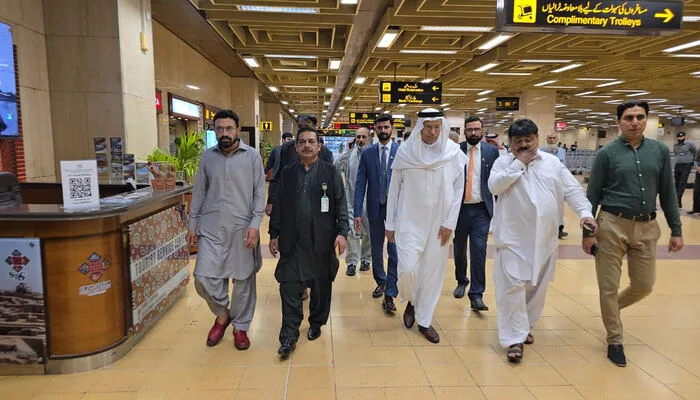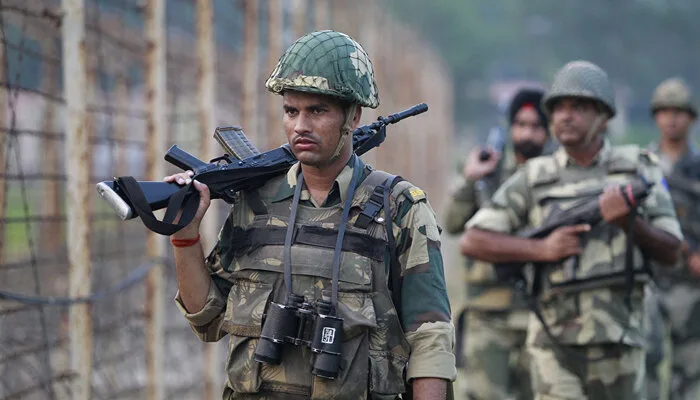
NEW DELHI: As tensions surge following a deadly gun attack in Indian Illegally Occupied Jammu and Kashmir (IIOJK), India is urgently rallying global support—not to de-escalate, but to justify potential military action against Pakistan, according to The New York Times.
Despite offering limited evidence directly linking Pakistan to the assault, Prime Minister Narendra Modi has moved swiftly. In the days following the attack, Modi reached out to more than a dozen world leaders. Simultaneously, Indian officials summoned envoys from 100 foreign missions for high-level briefings at the Ministry of External Affairs.
Sources familiar with the briefings reveal that India’s efforts largely focus on building a case for military retaliation. In a fiery speech Thursday, Modi vowed severe punishment and the destruction of what he called “terror safe havens,” without directly naming Pakistan.
Indian forces have launched sweeping crackdowns across Kashmir, arresting hundreds while continuing their search for the perpetrators.
Escalating Moves on Both Sides
India, stepping up pressure, announced plans to disrupt water flows vital to Pakistan’s agriculture and ordered the expulsion of Pakistani diplomatic staff. Meanwhile, Islamabad responded by suspending participation in bilateral treaties, including agreements tied to the line of control.
Read: US Airstrike on Yemeni Detention Center Kills 68 African Migrants
On the ground, anti-Muslim sentiment has intensified, forcing many Kashmiri students in Indian cities to flee home amid harassment.
Five days after the attack, which left 26 civilians dead, India has yet to officially name a responsible group. So far, only vague references to Pakistan’s “past patterns” and “technical intelligence” — like facial recognition data — have surfaced.
Pakistan has strongly denied any involvement.
Global Powers Urge Restraint, But Remain Distracted
The international community has called for calm. Iran and Saudi Arabia have offered to mediate, while the United Nations and European Union urged dialogue. However, major players like the United States appear distracted by other global crises.
Analysts suggest India interprets muted international responses and general support for its “pursuit of justice” as a green light for military measures.
During a similar 2019 clash over Kashmir, the Trump administration initially backed India after a suicide bombing killed dozens of Indian troops. Only after India’s cross-border airstrike—and Pakistan’s swift retaliation—did Washington pressure both sides to step back.
This time, experts warn that India may aim for a more “spectacular” show of force, with Pakistan vowing to match any move. Analysts caution that both nations could miscalculate, risking rapid, uncontrollable escalation between two nuclear-armed rivals.
Fragile Ground, Murky Evidence
Unlike 2019, where militant links were clearer, the recent attack remains shrouded in ambiguity. Diplomatic sources question India’s heavy reliance on Pakistan’s “historic patterns” without presenting solid evidence.
“Do you want to go to war with a nuclear neighbor based just on past patterns?” one diplomat asked privately, highlighting the gravity of the situation.
As tensions rise, the world watches closely, hoping that diplomatic wisdom prevails over confrontation.
Follow us on Google News, Instagram, YouTube, Facebook,Whats App, and TikTok for latest updates



